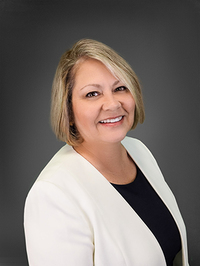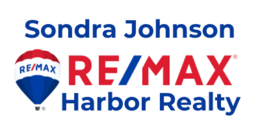
Image by Jan Vašek from Pixabay
One of the biggest hurdles people face when looking for a home is applying for a mortgage. While applying for a mortgage is relatively straightforward, finding favorable terms might be more challenging. Many buyers are surprised by how broad the terms of a mortgage might be. With this in mind, it is critical to understand the most common mistakes people make when looking for a mortgage.
Not Looking Locally First
The most common mistake people make when looking for a mortgage is not looking locally first. Many are tempted to use the internet to seek out a loan. While there is nothing wrong with looking around (in fact, this is encouraged), don't forget to head to the traditional bank or credit union a few miles down the road. There are professionals who are interested in building a relationship with the local community often providing more favorable terms.
Assuming All Mortgages are the Same
Don't assume all mortgages are the same. This is far from accurate. Applying for a mortgage can be an involved process that people rarely want to do this more than once. You may assume the next lender will offer similar terms. In reality, some lenders might be willing to wave origination fees or points on the mortgage. Some might even offer a lower interest rate, be sure to ask what special offers may be available.
Not Locking In the Rate
One of the common questions people face when applying for a mortgage is whether or not they would like to lock in the rate. The fear of locking in the rate is that, if the mortgage rates drop, they might miss out on the opportunity to save money. On the other hand, people also forget the alternative. The rate might actually go up. The downside to this is that their monthly mortgage payments may not be affordable anymore. Go ahead and lock in the rate.
Not Putting Enough Money Down
Lastly, many try to save money by not putting enough cash down. When you don't put enough money down, you may end up with a higher interest rate and a higher monthly mortgage payment. Additionally, you may have to purchase Private Mortgage Insurance, also known as PMI, for the lender making the monthly payment even higher. To prevent this from happening, make sure the down payment is large enough to satisfy the lender, usually between 10 and 20 percent.





